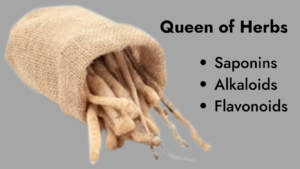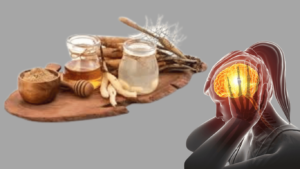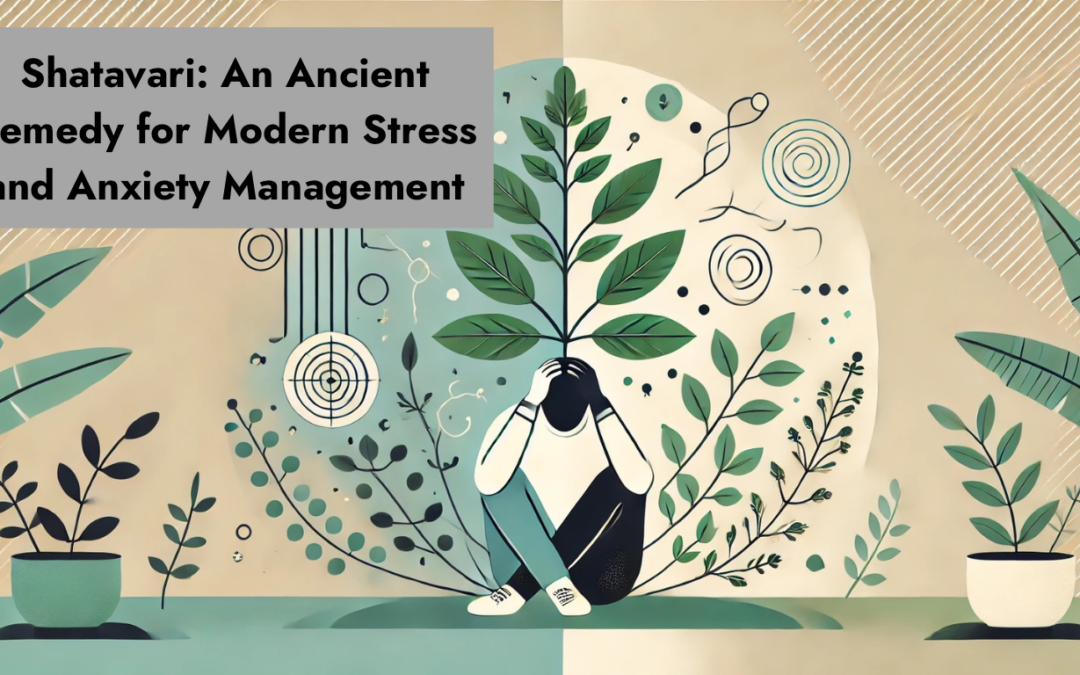In today’s fast-paced world, stress and anxiety have become almost with daily life. Long working hours, financial pressures, social obligations, and constant digital connectivity often leave people feeling overwhelmed.
While modern medicine offers treatments for managing stress and anxiety, many individuals are seeking natural, holistic solutions to complement or even replace pharmaceuticals. One such traditional remedy gaining global recognition is Shatavari (Asparagus racemosus).
This blog explores the potential of Shatavari in stress and anxiety management, its benefits, how it works, and the best ways to incorporate it into your wellness routine.
What is Shatavari?

Shatavari, scientifically known as Asparagus racemosus, is a highly valued herb in Ayurvedic medicine, often referred to as the “Queen of Herbs.” The name Shatavari means “one who possesses a hundred husbands,” symbolizing the herb’s traditional use in supporting women’s reproductive health.
However, its benefits extend far beyond fertility and hormonal balance.
Rich in bioactive compounds such as saponins, flavonoids, and alkaloids, Shatavari is renowned for its adaptogenic properties—helping the body adapt to physical, emotional, and environmental stressors.
Related Read: What is Shatavari and Why is it Called the Queen of Herbs
Understanding Stress and Anxiety: The Modern Epidemic

Before delving into how Shatavari helps, let’s understand what stress and anxiety are:
- Stress: A natural reaction to challenging or demanding situations, leading to physiological and psychological responses. While short-term stress can be motivating, chronic stress can negatively impact health.
- Anxiety: Persistent, excessive worry or fear about everyday situations. Anxiety disorders often interfere with daily activities and can lead to long-term health complications if not addressed.
Both stress and anxiety trigger the body’s fight-or-flight response, increasing cortisol levels (the stress hormone).
Prolonged elevation of cortisol can lead to problems such as:
- Insomnia
- Poor digestion
- Weakened immunity
- Fatigue
- Mood disorders
This is where Shatavari steps in as a natural remedy.
How Shatavari Helps in Stress and Anxiety Management

1. Adaptogenic Properties
Shatavari is classified as an adaptogen, meaning it helps the body respond to stress more effectively. Adaptogens work by regulating the hypothalamic-pituitary-adrenal (HPA) axis, the central stress response system in our body.
- It helps balance cortisol levels, preventing them from remaining chronically elevated.
- It enhances the body’s resilience to physical and emotional stressors.
2. Natural Mood Stabilizer
Shatavari contains compounds like steroidal saponins that have shown antidepressant and anxiolytic effects in animal studies. These compounds help in balancing neurotransmitters like serotonin and dopamine, which play a significant role in mood regulation.
- Regular use of Shatavari may reduce symptoms of anxiety, such as restlessness, irritability, and feelings of doom.
3. Supports Hormonal Balance
Hormonal imbalances, especially in women, are often linked to stress and anxiety. Shatavari is known for its phytoestrogenic properties, which support hormonal balance in women.
- It helps in alleviating PMS symptoms, mood swings, and menopausal anxiety.
- It reduces stress-induced hormonal disruptions.
4. Anti-Inflammatory and Antioxidant Effects
Chronic stress leads to inflammation in the body, contributing to mental health disorders. Shatavari’s antioxidant properties help combat oxidative stress by neutralizing free radicals.
- It reduces cellular damage caused by chronic stress.
- Promotes brain health and cognitive function.
5. Enhances Sleep Quality
Stress and anxiety often disrupt sleep patterns. Shatavari has mild sedative properties that promote relaxation and improve sleep quality.
- Reduces symptoms of insomnia.
- Promotes a deeper and more restful sleep cycle.
6. Supports Gut Health
The gut-brain axis is a two-way communication system between the gut and the brain. Poor gut health can worsen anxiety and vice versa.
- Shatavari promotes gut health by supporting digestion and soothing inflammation in the digestive tract.
- A healthy gut contributes to a balanced mood and reduced anxiety symptoms.
Scientific Evidence Supporting Shatavari for Stress and Anxiety
While traditional Ayurvedic texts have long celebrated Shatavari’s calming effects, modern science is gradually catching up.
- A 2014 study published in the Journal of Ethnopharmacology found that Shatavari extract exhibited significant anti-anxiety effects in animal models.
- Another study in Pharmacognosy Research (2012) highlighted Shatavari’s potential to reduce cortisol levels, indicating its role in stress management.
- A 2015 clinical trial reported improved mood and reduced symptoms of anxiety in individuals consuming Shatavari supplements regularly.
While more human trials are needed, the existing evidence supports Shatavari’s potential as a natural remedy for stress and anxiety.
How to Use Shatavari for Stress and Anxiety Relief

1. Shatavari Powder (Churna)
- Mix 1 teaspoon of Shatavari powder in warm milk or water.
- Add a pinch of honey for taste.
- Consume it before bedtime for improved sleep quality.
2. Shatavari Capsules or Tablets
- Available in standardized doses.
- Follow the dosage instructions provided on the product or consult an Ayurvedic practitioner.
3. Shatavari Tea
- Boil Shatavari root powder in water for 5–10 minutes.
- Strain and enjoy as herbal tea.
4. Shatavari Juice or Syrup
- Shatavari juice can be consumed daily in recommended doses.
- Best taken on an empty stomach in the morning.
Precautions and Side Effects
While Shatavari is generally considered safe, certain precautions should be taken:
- Allergies: Individuals allergic to asparagus should avoid Shatavari.
- Pregnancy and Breastfeeding: Consult a healthcare provider before consuming Shatavari during pregnancy or while nursing.
- Medical Conditions: Those with kidney or heart conditions should consult their doctor before use.
It is always advisable to start with small doses and observe how your body reacts.
Combining Shatavari with Other Adaptogens
For enhanced stress-relief benefits, Shatavari can be combined with other adaptogenic herbs such as:
- Ashwagandha: Enhances resilience to stress and promotes relaxation.
- Brahmi: Improves cognitive function and reduces anxiety.
- Tulsi (Holy Basil): Helps reduce stress and promotes emotional balance.
Final Thoughts
In a world where stress and anxiety have become the norm rather than the exception, turning to ancient remedies like Shatavari offers a ray of hope. Its adaptogenic, antioxidant, and mood-stabilizing properties make it a powerful natural ally in managing modern stressors.
While Shatavari is not a replacement for professional therapy or medications, it can serve as an excellent complementary approach to promote mental well-being.
Whether consumed as a tea, powder, or supplement, incorporating Shatavari into your daily routine could be a simple yet profound step toward calmer days and restful nights.
Remember: Balance is key. Always consult with a healthcare provider or Ayurvedic expert before starting any new herbal regimen, especially if you are currently on medication.
Invest in your well-being—let Shatavari help you find your calm amidst the chaos.

